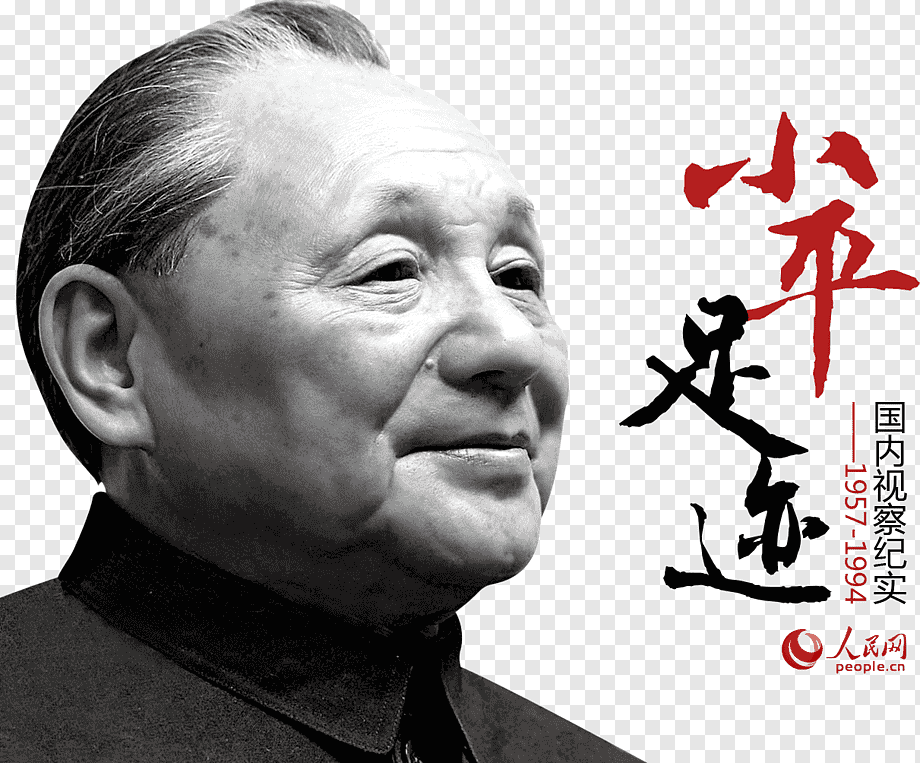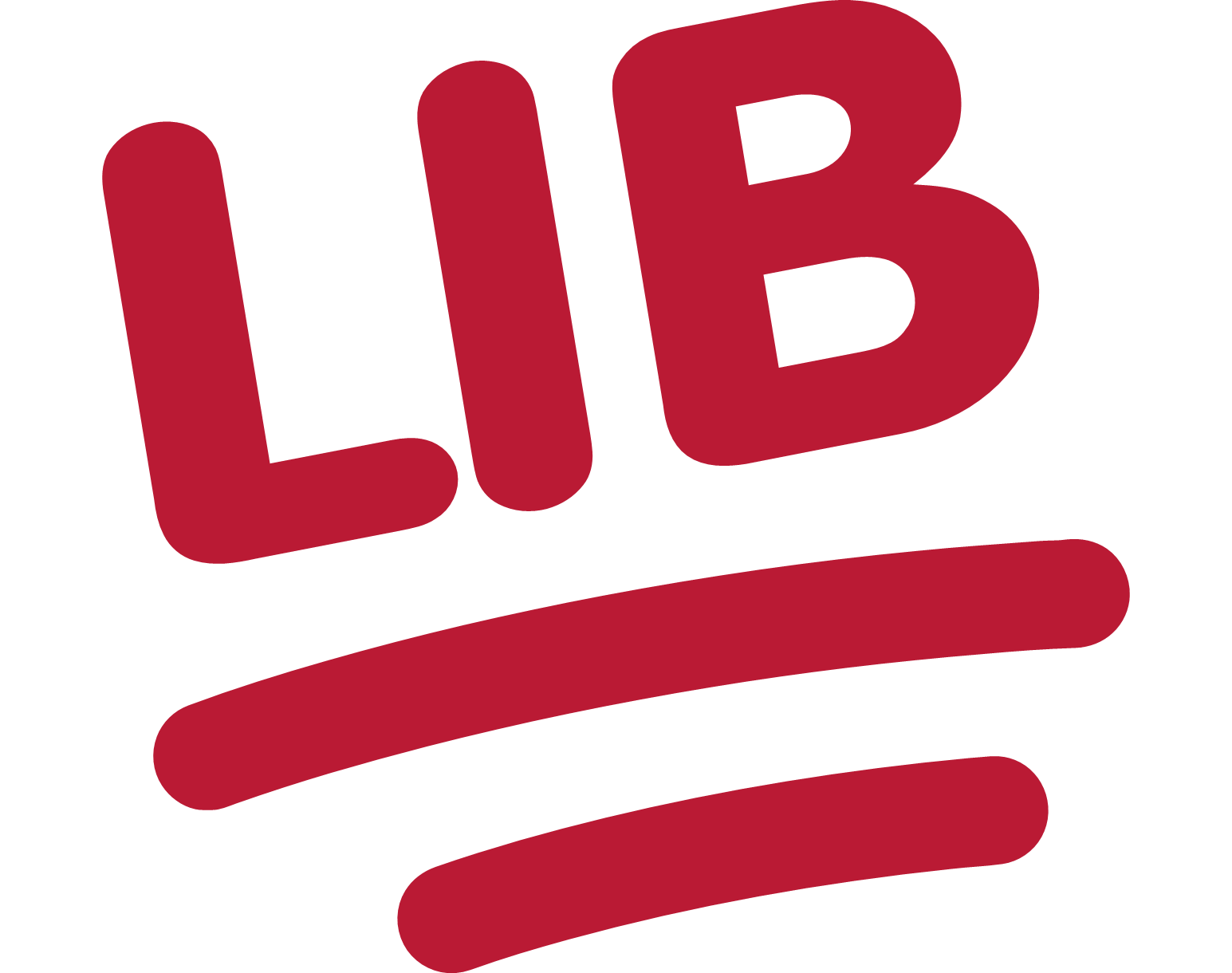

Is bike theft not a major issue in New York It’s the main thing keeping me from getting one. Bikes get stolen so frequently that I prefer my 100 buck bike, much more easily replaced.


Is bike theft not a major issue in New York It’s the main thing keeping me from getting one. Bikes get stolen so frequently that I prefer my 100 buck bike, much more easily replaced.


Philosophy absolutely has the ability to examine and propose better definitions when definitions (like the ones you linked) do not capture the phenomenon. Losurdo read more books than you’ve seen by liberals in order to write his “Liberalism” book. He understood the phenomenon deeper and further than its dictionary use.
How do you capture such a thing in your world view? Because he found flaws in definitions and worked deeper, he just did nothing because it wasnt the Oxford definition?


Liberalism is associated with those things because it allowed them to happen to avoid a negative effect to property rights (revolution, riots) once more radical people pushed for them. Liberalism is reactionary and regressive, but some liberals are easier to convince of specific rights extensions than others. You’ve been lied to a lot if you think liberals did these things


Honestly, I see this text often quoted form the book but I don’t find it super useful as a way to understand fascism. The steps and reforms were all taken for a reason and people agreed with that reason, even the apprehensive agreed enough to stay seated. I think this “separation” isn’t the best thesis out of this book, because the Nazi Party didn’t shift too much in terms of popularity throughout these shifts, except to grow more popular during wartime. The government promised something and many accepted those conditions or at least lent moral license to the achieving the goal and were unwilling to oppose the conditions.
Fascism is Liberalism when and where Liberalism fails to accomplish it’s promises and must consume the people and stuff at the periphery to achieve its goals. A government is just as “far” from its people when it is doing good things that it’s people desire as when it does bad things.
I love the book but have major issues with the ideological assumptions, mostly surrounding fascism’s relationship to its people and to other ideologies


They Thought They Were Free. Book caused me to reevaluate exactly how politics at individual and social levels happened and how fascism works without any individual being inherently “evil.” Class politics and interests followed closely behind to explain how evil can arise among populations that all consider themselves “good people”


Some really good artists at Hexbear too


Hexbear  The best community on the internet
The best community on the internet


I would be easily convinced I was wrong if you’d show any sort of proof. So take your imperialist ass and shove yourself in a wood chipper or a mineshaft if you are unwilling to spend 5 minutes googling to prove your claim or prove yourself wrong.


Yeah the “field of bodies” video is pretty easy to find even if you’re not looking for it. I don’t blame you for not wanting to see the shit, It’s terrible. But don’t come with some fake claim that only cars can be found. “Leveled” is a word used to mean “made rubble” sometimes and “made to be as useless and dangerous as rubble” others. This is probably the latter time, but I haven’t seen videos showing the remains of the building honestly. I don’t search for this shit tho


Find something or delete this bullshit.


You should read a goddamn book about any of these topics or begone ye 
Edit: ah shit I’m outside of Hexbear. Ok then let’s engage a bit here. What about these things seems contradictory to you? That there is an active genocide for about 100 years in Palestine or that Stalin is good?


To be clear, because reading it again gave me some unclarity, I absolutely defend Stalin because he was good, not just as a rhetorical strategy. Just that even if he could’ve been better, he was the best possible and denigrating him denigrates socialism every time. Real critique is fine (“75% good of course”) but painting him as a problem as a person cannot be removed form socialism. Hamas is doing decolonization, and denigrating them is denigrating decolonization


Yes, we must understand that not only do Gazan Palestinians as a majority support Hamas, but Hamas is a force for good and they are correct for doing so. Sure, after decolonization, start fighting for a better representative, but for now Hamas is the best shot they have at not being genocided.
This same framework is used every time there is a broad movement which chooses, with good reason, for a strong group which can accomplish their goals. “Socialism is fine but Stalin did it bad” but then the purity fetish prevents the original goal from ever being achieved. Don’t bother convincing people socialism is good but Stalin bad. No Stalin is good and so I socialism.


You can just make it a “born before this date” and it just solves this entirely. That date just doesn’t change. Everyone who sells darts memorizes it. Then it actually changes every day by a day. Fuck it, let’s give it an hour too, just to fuck with those kids born an hour later


Lol if joking. If not, I’m sorry but you severely misunderstood what is happening here


Not unless we were directly in the center of it, in which case everything would seem to move away from us. But even then, if I’m not mistaken, physicists and astronomers have also proven that other objects are also moving away from one another too.
We can tell how something is moving based on the shift of its light, like the Doppler effect. The further something is the more its light is shifted, which was how we came to know this phenomenon in general of increasing size of space between all things.


Also I’m an engineer too, but I have no idea why you think those connect here tbh . And you dont ascribe your position as political ideology because you swim in yours and can’t see it. I see yours clearly and am forced to constantly confront my own with interactions outside of my framework


So liberalism as a philosophy is a complex topic, but it’s one I indulge in often from an outside perspective (and we are forced to regardless of our desires, because it dominate global discussions). But what I was claiming, and what you unintentionally upheld in your comment, is that liberalism mistakes stated values for a limited group for the total fulfillment of those values. When Americans preach free speech, they don’t think about it in terms of any real thing they can say or do which will ever make a difference. Valuing “human rights” means valuing those who oppose the stated enemies above those who oppose the state itself. It’s because liberals base the philosophy in how the self (cogito, daarin, etc.) as an individual thinks outside of any context of society around them. It allows one to focus primarily on stated intentions rather than real effects
Liberals in history have made these mistakes over and over, and I don’t believe and refuse to believe it’s just naivety. It’s because it works to support the status quo that so many come to the conclusion that this dynamic is correct, that values are primary and not the reflections of tje society. If it dkdntd maintain the status quo then it wouldn’t be believed. This is again the same argument in form, where I don’t think the way liberals see themselves has any primary position, but what matters is how their framing of the world influences it.
Yeah I should say, I’m not worried about theft as a phenomenon, I just wouldn’t have an electric bike outside considering I don’t earn enough to lose something like that. Theft is a tragic symptom but I also prefer not to be affected by it lol
But smart, having inside places is cool. Most places I go and bike to wouldn’t have that